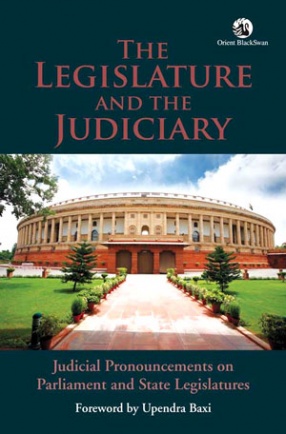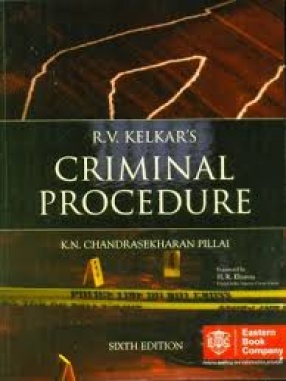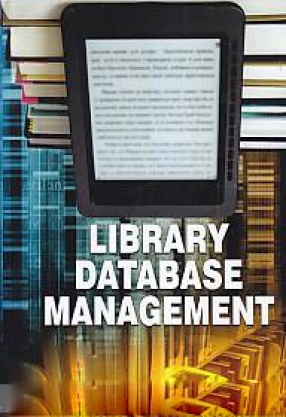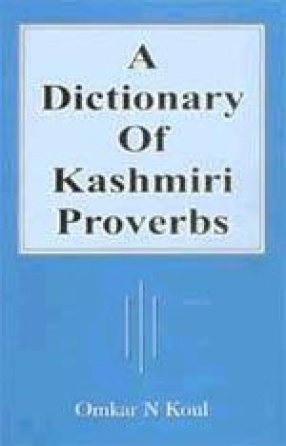The Indian Constitution provides for a federal form of government, with a division of power between the legislative and executive arms of the state. Both institutions have evolved, over the years, as mature, dynamic and relatively autonomous in their respective spheres of activity—further strengthening the edifice of democracy. While these two organs have functioned with restraint and responsibility, the legitimate concerns of the respective institutions to guard their autonomy have led to differences between the two. Since independence, the courts have been called upon on numerous occasions to resolve such conflicts.
A pioneering volume, The Legislature and the Judiciary explains the powers, privileges and immunities of legislatures in India. It also highlights the role of the judiciary in articulating a constitutional position on the legislature’s autonomy, along with a detailed discussion of all the important cases dealt by the high courts and the Supreme Court.
In the critical Foreword, eminent jurist Upendra Baxi provides a brief background to the birth of the Indian constitution. He highlights how the constitution-makers were profoundly influenced by the powers, privileges and immunities enjoyed by the House of Commons. He draws our attention to the interesting fact that a majority of cases filed so far are by the legislators themselves, and explains the need for them to have privileges and immunities.
This volume consists of two sections. Section 1 details the evolution of law through judicial interpretations of provisions relating to Parliament and the State Legislature. Stating, precisely, the current position of the law, it encapsulates the principles of law laid down by the high courts and the Supreme Court. Section 2 provides a brief summary of judgments. Almost all the significant rulings of the high courts and the Supreme Court relating to Parliament and the State Legislatures have been incorporated in this section.
This consolidation of legal information will facilitate a clear understanding of the existing legal position of the legislature. This volume will also be a valuable resource for constitutional experts, jurists, students of political science and law, and legislators.







There are no reviews yet.